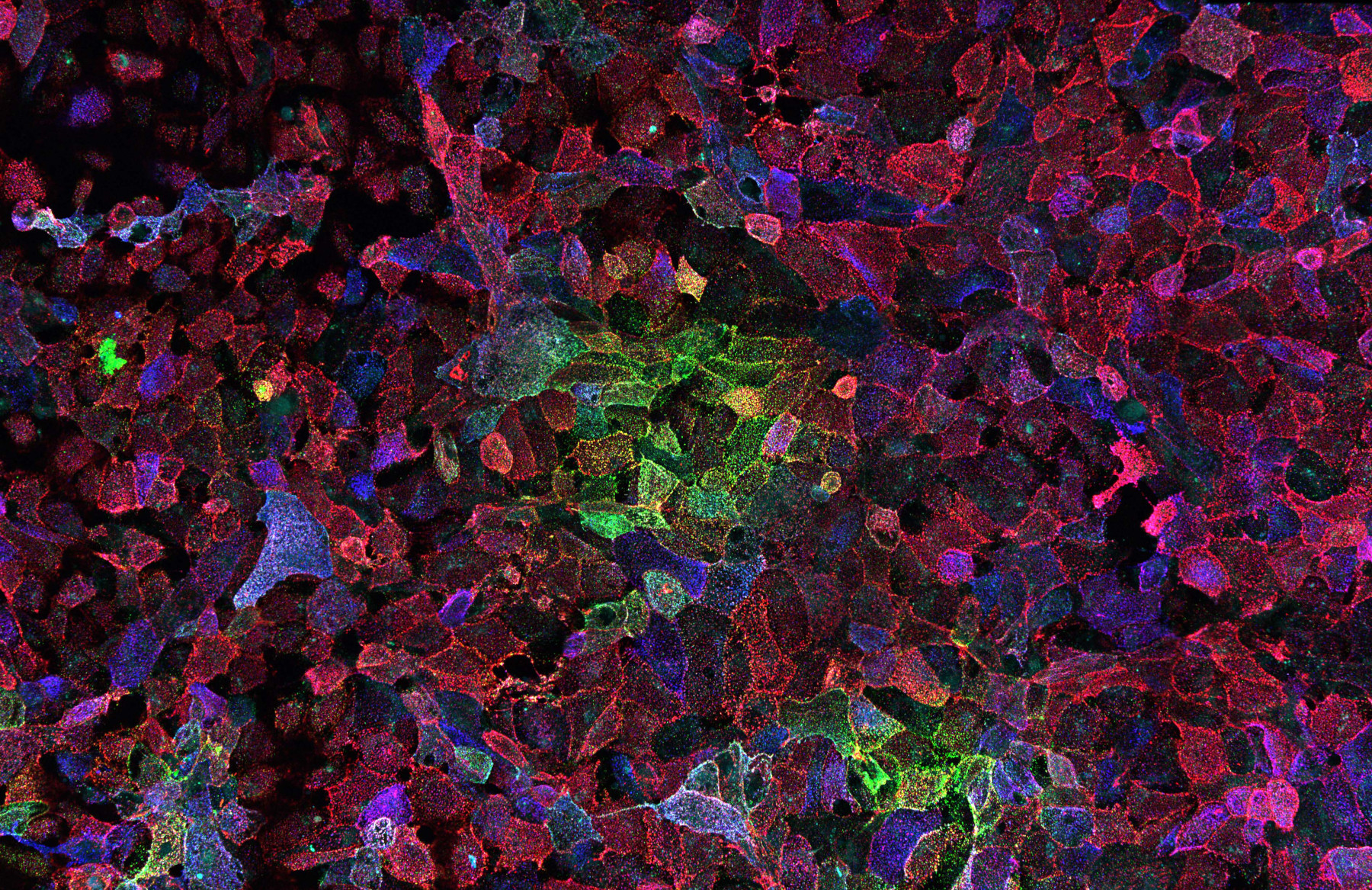A new study in the International Journal of Infectious Diseases should end any lingering idea that SARS-CoV-2 is ‘just another cold virus.’ It shows that a single, relatively short Omicron wave left a long, measurable scar on the adaptive immune systems of tens of thousands of adults and that people with cardiovascular disease (CVD) may be living with something close to chronic immune compromise nearly two years later.
This isn’t about individual anecdotes, or small clinic cohorts. It’s a population-scale signal, drawn from more than 40,000 patients in a region of China that had almost no SARS-CoV-2 circulation until late 2022. It is, in many ways, the cleanest before and after picture we have of what one mass SARS-CoV-2 exposure does to human immunity.
Comments closed

